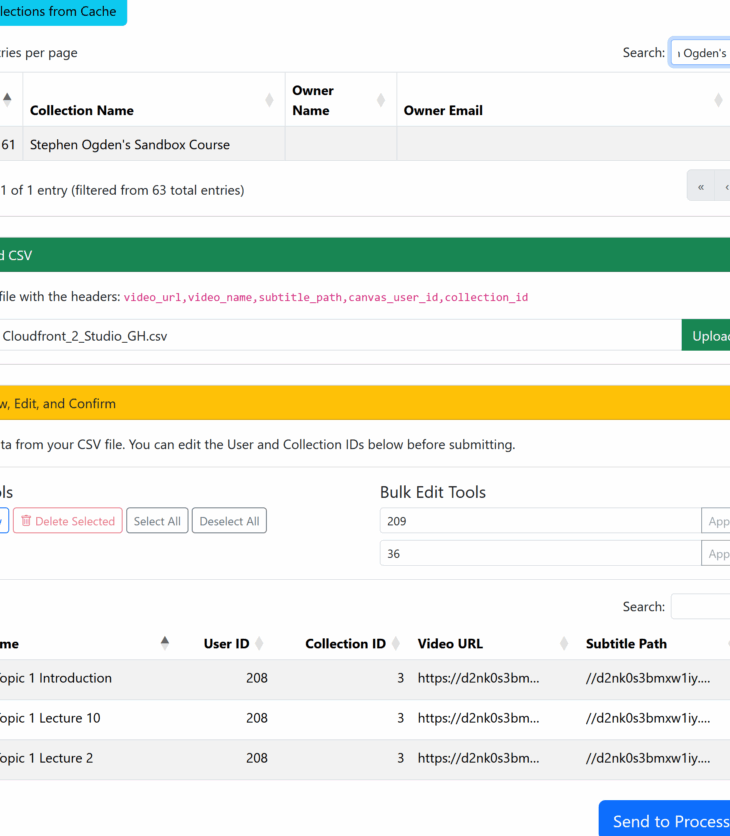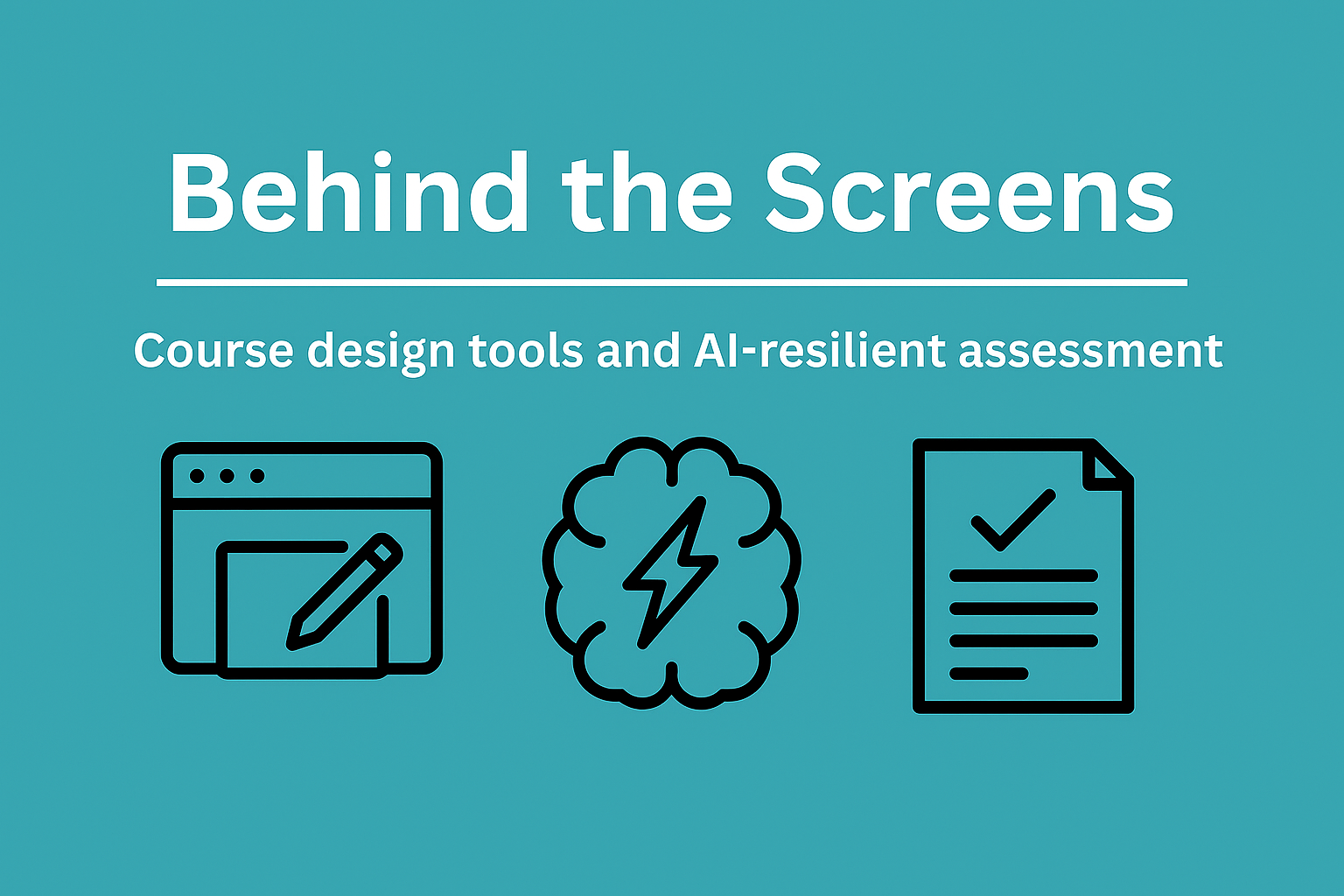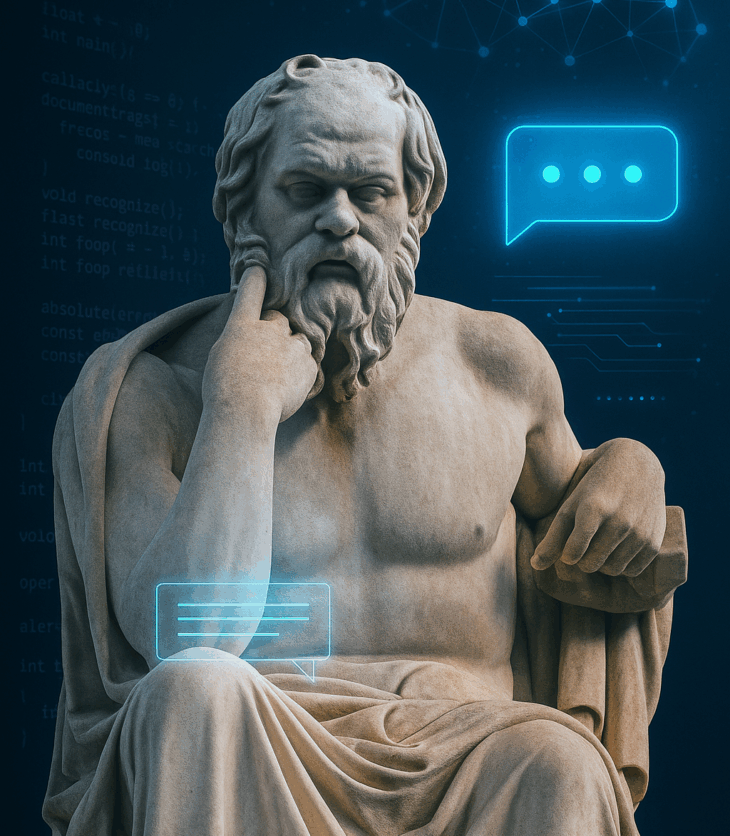This month we explore what digital equity means for transnational students, drawing on student voice research to reflect on how online education is experienced across diverse global contexts.
A lively critical discussion on the Community of Inquiry framework prompted fresh questions about presence, participation, and what community really means in digital learning. Key insights from November’s reading group.
December’s reading group draws on classic and emerging research to understand how humans and AI can work together to enrich educational practice and explore what makes the best human–AI team for learners.
This month we’ll examine the Community of Inquiry framework (2000) alongside Xin’s (2012) critique, exploring why CoI became so influential, its practical strengths, and the risks of oversimplifying complex online learning.
Faced with a laborious video migration task, Stephen Ogden explores how the “correct application of laziness”, through automation, can save time, but only if paired with careful planning.
How our Student Life team used GenAI to analyse student feedback: By shifting from prompt engineering to context engineering they turned raw feedback into clear, actionable insights.
A behind-the-scenes look at how we used Coursensu for AI-supported course design and a portfolio-based assessment model that makes student use of AI transparent and constructive.
We recently explored how AI-powered Socratic dialogues can offer a new, scalable approach to fostering personalised reflection and deeper learner engagement in online education.
A behind-the-scenes look at how colleagues are using the Canvas API and AI to solve problems, create content, and share practical innovations in digital education.
Our discussion of a large-scale study on online learning design sparked critical reflections on structure, tutor presence, and what truly supports student success. Key takeaways from July’s reading group.










